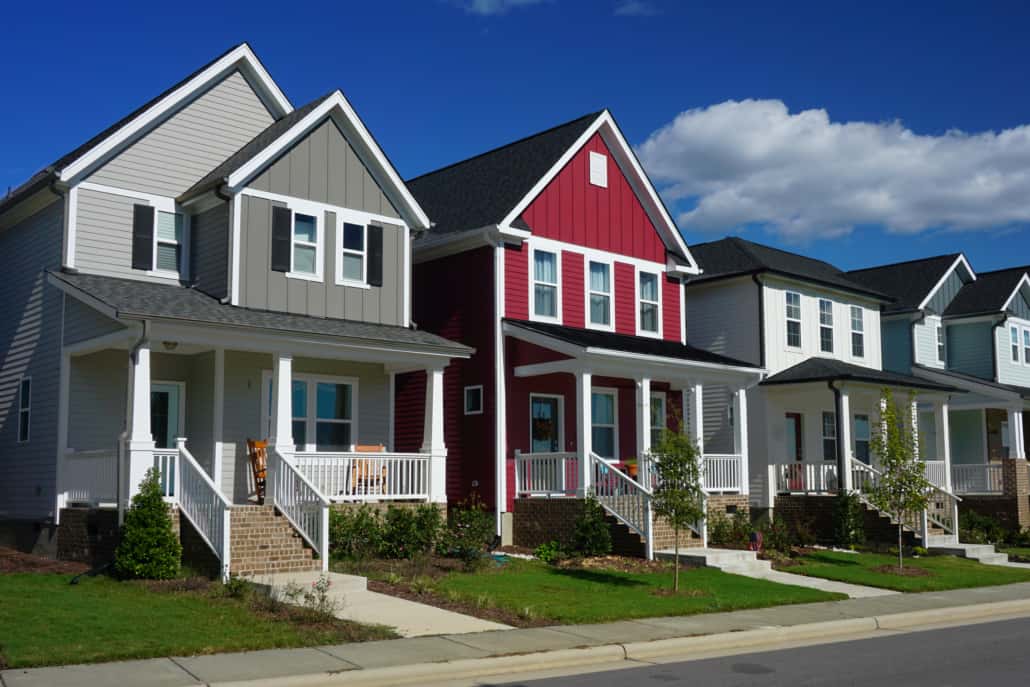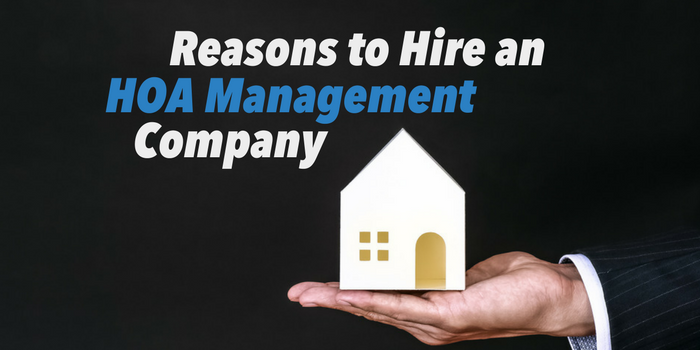Comprehending the Necessary Function of HOA Administration in Neighborhood Advancement
The function of Homeowners Association (HOA) management in community development is often underestimated, yet it offers as a crucial component in forming the high quality of property life. By supervising vital functions such as home maintenance, economic stewardship, and area interaction, HOAs help to copyright criteria that profit all locals. Their capacity to promote a sense of belonging and participation among neighbors can not be forgotten. Nevertheless, the complexities of HOA administration raise vital concerns about performance and resident involvement-- concerns that merit further expedition to fully value their influence on community characteristics.
Significance of HOA Administration
The reliable management of Homeowners Associations (HOAs) plays a critical role in promoting sustainable and dynamic neighborhoods (austin hoa management). HOAs offer as a vital mechanism for citizens to collaboratively preserve and boost their living settings, ensuring that neighborhoods stay appealing and well-kept. This monitoring develops clear standards and criteria that advertise residential or commercial property values and neighborhood pride
Moreover, efficient HOA administration assists in open interaction and engagement amongst homeowners, developing a feeling of belonging and cumulative duty. By arranging neighborhood events and activities, HOAs can foster social communications, therefore enhancing partnerships amongst next-door neighbors. This sense of community is important for the overall well-being of homeowners and can bring about boosted involvement in local governance.
In addition, well-managed HOAs add to the effective allotment of resources, consisting of maintenance of common locations and features, which benefits all residents. By applying calculated planning and economic oversight, HOAs can make sure sustainability and responsiveness to neighborhood needs. Inevitably, the significance of HOA management expands beyond management obligations; it is important to the quality of life within an area and directly affects its long-lasting viability and charm.
Key Duties of HOAs
HOAs play a diverse duty in neighborhood administration, with a number of vital obligations that ensure the smooth procedure and improvement of property areas. One of their key tasks involves applying community regulations and guidelines, which are typically detailed in governing papers such as restrictions, agreements, and conditions (CC&R s) These policies assist keep a cohesive neighborhood visual and advertise harmonious living.
Furthermore, HOAs are in charge of taking care of common locations and features, such as parks, swimming pools, and clubhouses. This consists of routine maintenance, landscaping, and making certain that these rooms are easily accessible and risk-free for all homeowners. Financial monitoring is an additional crucial element of HOA obligations, which includes budgeting, gathering charges, and preserving clear monetary records.


Enhancing Home Values

Additionally, well-planned maintenance of usual locations, such as parks, swimming pools, and landscape design, adds to an improved living atmosphere, which is an essential element in home appraisal. HOAs that buy community improvements and services can develop a preferred space, further boosting property worths.
Additionally, the application of effective economic monitoring methods allows an HOA to keep appropriate books for future repairs and upgrades. This insight stops sudden economic problems on property owners and fosters a secure economic setting within the neighborhood. Ultimately, a receptive and positive HOA not only safeguards building values yet likewise cultivates a feeling of pride and communication amongst citizens, reinforcing the neighborhood's overall allure.
Community Interaction Campaigns
While fostering a solid sense of area can often be ignored, efficient area interaction campaigns are necessary for enhancing resident involvement and contentment within an HOA. These initiatives serve to connect the void between locals and the regulating body, additional reading cultivating a collaborative atmosphere where citizens really feel valued and listened to.
Among the most impactful ways to engage the neighborhood is with normal occasions, such as area clean-ups, social gatherings, and educational workshops. These activities not only motivate involvement yet additionally advertise sociability amongst residents, which can lead to a stronger, much more connected community.
Furthermore, using digital platforms for communication can enhance engagement by offering locals with easy access to information and resources. Online forums, newsletters, and social media groups can facilitate discussion, making it possible for homeowners to share worries and share concepts.
Furthermore, including locals in decision-making processes, such as spending plan preparation or job proposals, further encourages them and cultivates ownership of their community. By focusing on area interaction efforts, HOAs can cultivate a vivid, interactive atmosphere that improves overall resident contentment her explanation and enhances neighborhood connections.
Keeping Criteria and Compliance
Reliable area engagement campaigns prepared for maintaining high criteria and compliance within a homeowners organization. These efforts foster open interaction between board participants and residents, making certain that everybody is informed regarding community regulations and expectations. Openness is important, as it constructs depend on and encourages citizens to take an active function in upholding the neighborhood's criteria.
HOA administration plays a crucial function in creating and imposing standards that promote uniformity and visual appeal. Routine examinations and evaluations aid identify prospective offenses, enabling timely treatments. By systematically dealing with non-compliance, HOAs can protect against issues from intensifying, which inevitably protects building values and improves the general lifestyle within the community.
Moreover, giving educational resources and workshops equips citizens to much better recognize the importance of compliance and the benefits of preserving neighborhood criteria. This aggressive approach not only cultivates a sense of ownership among citizens yet additionally cultivates a joint environment where everyone contributes Check Out Your URL to the community's success. In summary, maintaining standards and compliance is a collective effort that counts on effective communication, education, and consistent enforcement by HOA management.
Conclusion

By supervising necessary features such as property upkeep, economic stewardship, and area involvement, HOAs aid to maintain requirements that benefit all locals. The complexities of HOA governance raise important inquiries concerning efficiency and resident involvement-- issues that merit more expedition to completely appreciate their impact on area characteristics.
HOAs likewise act as a liaison in between citizens and regional government entities, addressing area worries and helping with communication. Inevitably, a receptive and positive HOA not only safeguards property worths however also grows a sense of satisfaction and cohesion amongst citizens, reinforcing the area's general appeal.
In recap, HOA management plays an essential function in community advancement by guaranteeing reliable governance and cultivating a sense of belonging amongst locals.